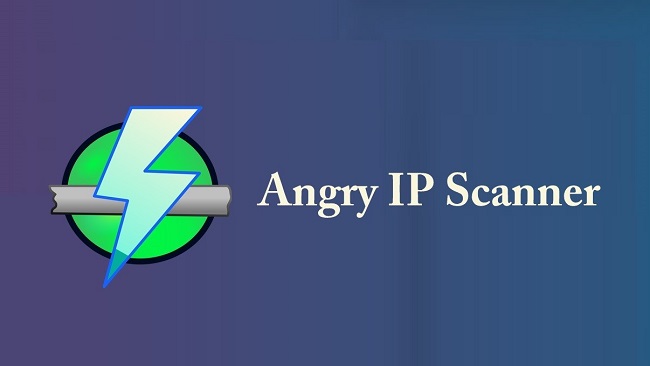Angry IP Scanner is a powerful and versatile network scanning tool that allows users to scan and analyze IP addresses and associated ports.
In this SEO-optimized article, we’ll explore the features and applications of Angry IP Scanner, provide instructions on how to download it from GitHub, discuss its compatibility with different operating systems, including Mac, Ubuntu, and Kali Linux, address concerns about safety, and examine the number of threads it utilizes.

Contents
Understanding Angry IP Scanner and Its Uses
Angry IP Scanner is a widely-used open-source network scanner that helps users identify active IP addresses on a network. Some key uses and features of Angry IP Scanner include:
- IP Address Scanning: Angry IP Scanner scans IP addresses and reports on their availability, responsiveness, and open ports.
- Port Scanning: The tool allows users to scan specific ports on IP addresses, providing valuable information on open and closed ports.
- Network Analysis: Angry IP Scanner assists in network troubleshooting, monitoring, and security auditing by providing insights into the devices and services running on a network.
- Customization: Users can configure Angry IP Scanner with custom settings, such as scan ranges, timeouts, and network filters, to tailor the scanning process according to their specific needs.
Downloading Angry IP Scanner from GitHub
To download Angry IP Scanner, follow these steps:
- Visit the GitHub Repository: Open a web browser and navigate to the Angry IP Scanner GitHub repository (github.com/angryip/ipscan).
- Locate the Download Section: On the GitHub repository page, locate the “Download” section.
- Choose Your Operating System: Select the appropriate download link for your operating system. There are versions available for Windows, Mac, Linux, and other platforms.
- Download the Installer or ZIP File: Click on the provided link to download either the installer file or the ZIP archive, depending on your preference.
- Run the Installer or Extract the ZIP File: Once the download is complete, run the installer file or extract the contents of the ZIP file to a desired location on your computer.
- Launch Angry IP Scanner: After installation or extraction, locate the Angry IP Scanner application and launch it to begin using the tool.
Angry IP Scanner Compatibility: Mac, Ubuntu, and Kali Linux
Angry IP Scanner is compatible with various operating systems, including:
- Mac: Angry IP Scanner provides a dedicated version for macOS. You can download and install it on your Mac computer by following the steps mentioned earlier.
- Ubuntu: Angry IP Scanner can be installed on Ubuntu Linux using the terminal. Open the terminal and execute the following command:
sudo apt-get install -y angryipscanner. - Kali Linux: Kali Linux, a popular penetration testing distribution, comes pre-installed with Angry IP Scanner. You can access it directly from the applications menu or launch it from the terminal using the command
angryip.
Safety of Angry IP Scanner
Angry IP Scanner is generally considered safe and reliable when downloaded from official sources like GitHub. However, it’s essential to exercise caution and practice responsible usage. Here are some key safety considerations:
- Download from Trusted Sources: Obtain Angry IP Scanner only from reputable sources like GitHub to ensure the authenticity and integrity of the software.
- Use the Latest Version: Keep your Angry IP Scanner updated with the latest version to benefit from bug fixes, performance improvements, and security patches.
- Configure Firewall Settings: Adjust your firewall settings to allow Angry IP Scanner access to your network, if required, and enable the necessary permissions.
- Responsible Usage: Use Angry IP Scanner responsibly and within legal boundaries. Avoid unauthorized scanning and respect privacy and security guidelines.
Number of Threads Used by Angry IP Scanner
Angry IP Scanner allows users to configure the number of threads used during the scanning process. By default, it uses a single thread for scanning. However, users can increase the number of threads to speed up the scanning process.
It’s important to note that increasing the number of threads can result in increased network traffic and resource consumption, so it should be adjusted according to the network’s capabilities and your scanning requirements.
In conclusion
Angry IP Scanner is a powerful and flexible network scanning tool that assists in network analysis, troubleshooting, and security auditing.
By following the steps outlined to download it from GitHub, you can explore its features and functionalities on various operating systems like Windows, Mac, Ubuntu, and Kali Linux.
Remember to prioritize safety by obtaining the software from trusted sources and practicing responsible usage. Happy scanning with Angry IP Scanner!






























